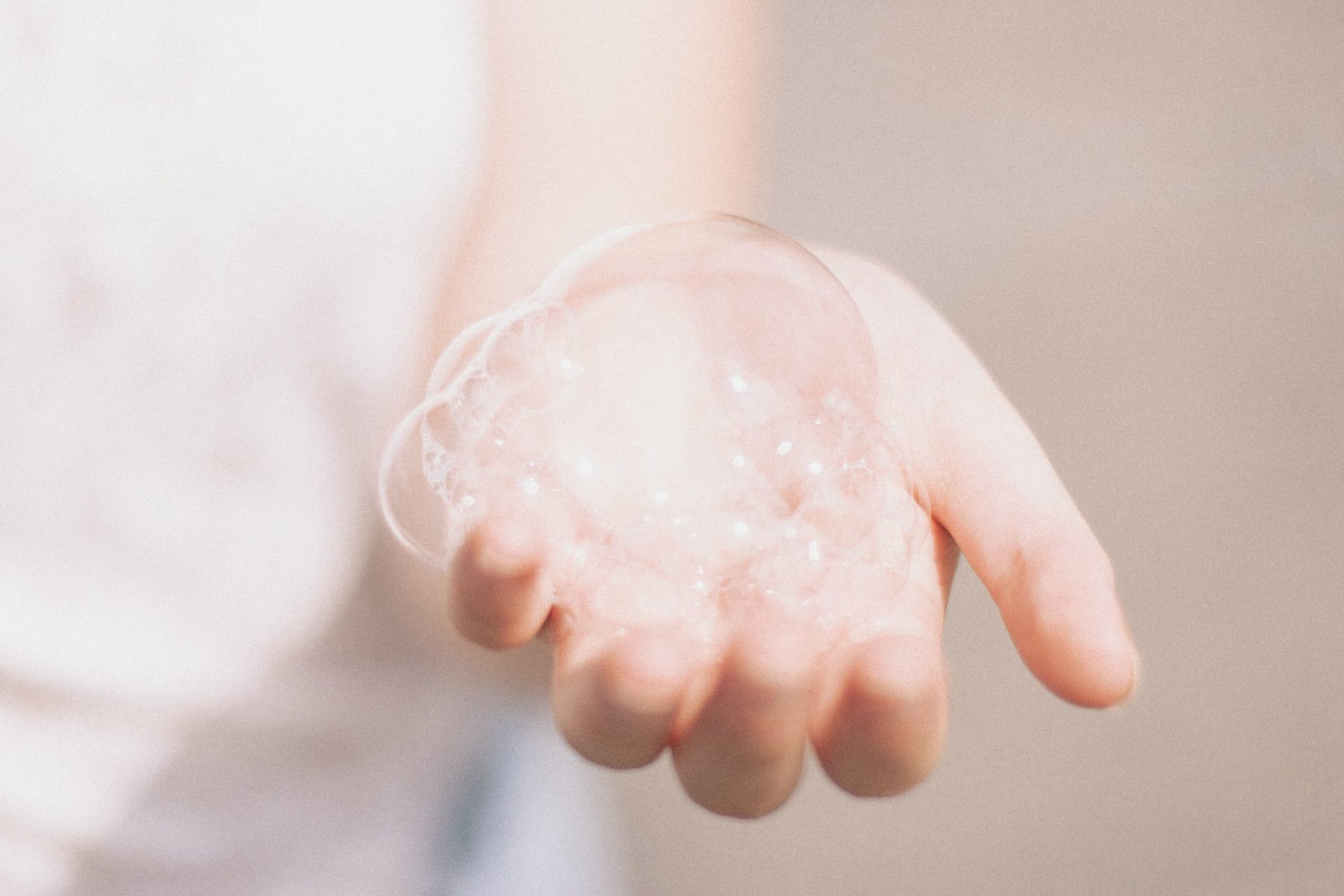
Signs of Dry Hands from Overwashing?
May 11, 2020
MAY 11, 2020: We all know how important it is to wash our hands during this pandemic. But what is happening to our hands from all that washing?
You may need to take extra steps if your skin is:
- itchy, flaky or cracked
- visible redness, flakiness, rash or scaliness
- tight or rough
- sensitive after washing hands
Why is this happening?
Soap removes fatty membrane of viruses that helps protect them. By destroying this part of a virus, you're rendering it inactive and helping to prevent its spread. However, soap also removes protective lipids in your skin, which can lead to dry, cracked hands. Those with preexisting dermatologic conditions like eczema can experience worsening symptoms.
Here are some tips to follow:
- Wash your hands in lukewarm water using soap, for at least 20 seconds. Hot water can damage your skin. Use alcohol-based hand sanitizer when soap and water is not available.
- When drying your hands, remember to use a towel or paper towel versus an air dryer, and dry under your rings.
- Use a fragrance-free pH-balanced hand cream or ointment to moisturize immediately after applying hand sanitizer or washing your hands. A lotion has more water than oil and a cream has more oil than water, therefore cream is a better way to moisturize. Look for ingredients like ceramides, phytolipids, Glycerin, Aloe and Hyaluronic Acid. Petrolatum (Vaseline) is still the most effective moisturizer out there.
- Hand sanitizers with too much alcohol can also be very drying to chapped skin. Try a hand sanitizer with a moisturizing base, just know that it will not be as effective in killing viruses.
- At nighttime before going to bed, apply thick moisturizer and then cover with cotton gloves to increase absorption.
- Use a humidifier at night—raising the humidity level in a room can help dry skin.
- Common contact allergens to avoid in soaps are fragrance: methylisothiazolinone, methylchloroisothiazolinone, cocamidopropyl betaine, and Balsam of Peru.
- Consider keeping nails trimmed short to avoid trapping debris and germs.
If you develop cracked, swollen, or itchy skin, you may need advice from a dermatologist and prescription strength topicals.

